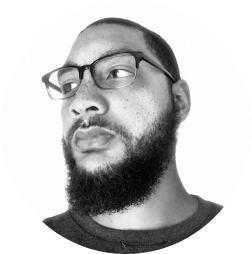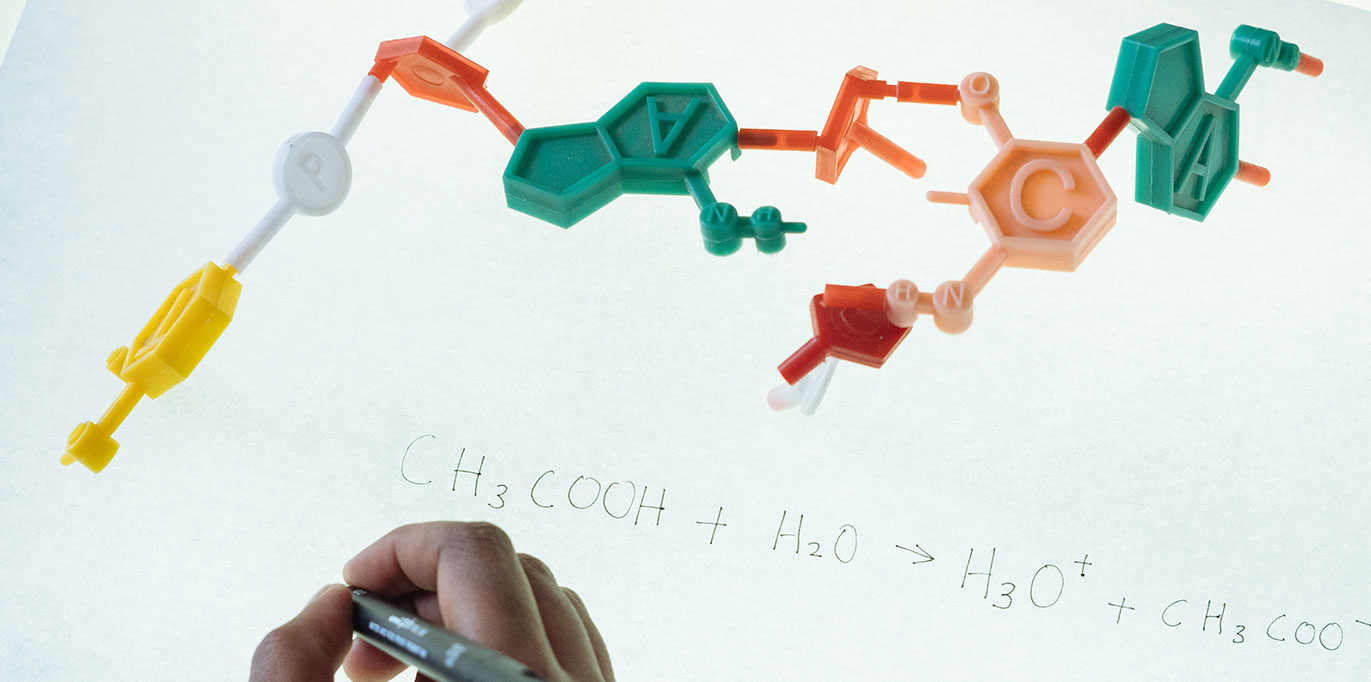Since being laid off from my last job nearly a year ago, I’ve had dozens of interviews. I’ve been asked some version of the same handful of questions countless times, but recently was asked one that I hadn’t heard before: “What does DEI mean to you?”
To be honest, I stumbled over my response. Not because I don’t know what DEI means (diversity, equity, and inclusion), or what it means to me, but rather because I’ve never fully articulated my thoughts on the matter. In a regular conversation, I might have acknowledged this and openly shared my perspectives until I could arrive at a coherent answer.
However, in the context of an interview where my goal is to come across as confident, I did my best to gather my thoughts in just a few seconds. In that brief moment before speaking, I was able to quickly conclude what DEI did not mean to me, but I struggled to summarize what it did mean to me. Instead, I emphasized how proud I felt about leading a diverse team in my previous role and assisting female student writers in finding their writing voice. I was careful not to simply list a bunch of diversity labels.
In an attempt to redeem myself—to myself—I felt compelled to write down some of my thoughts. My hope is that I’ll be able to quickly recall these notes next time I’m asked the same question.
- DEI isn’t about mindlessly ticking boxes and gathering as many ethnicities, genders, and sexualities as possible. I’m reminded of the phrase from William Bruce Camerson, “Not everything that counts can be counted, and not everything that can be counted counts.”
- DEI is about identifying and removing barriers that may prevent or hinder groups from applying for a job, being hired, or performing at their best once employed.
- DEI encompasses more than just visible diversity; it extends to intangible aspects, such as lived experiences and neurodivergences.
- DEI celebrates the unique qualities that make each of us special, benefiting not only individuals but also the organizations they are in and the services they provide.
- DEI is not confined to an organization’s internal practices alone—it extends to the products they bring to the world. For instance, it involves considering individuals with visual impairments during website development or accounting for diverse skin tones when designing an automatic sink’s hand detection feature.
Put succinctly, DEI is about embracing and acknowledging the qualities that make us individuals in order to create stronger collectives. If we don’t do this, we risk becoming homogeneous, succumbing to groupthink, and missing out on valuable insights.
I think of teams as chemical compounds. As the composition of a team changes with people coming and going and evolving over time, the resulting “chemical reactions” can vary drastically. It’s the role of a leader to maintain balance and constantly strive for the right equilibrium that benefits all involved parties.
That’s what DEI means to me.

